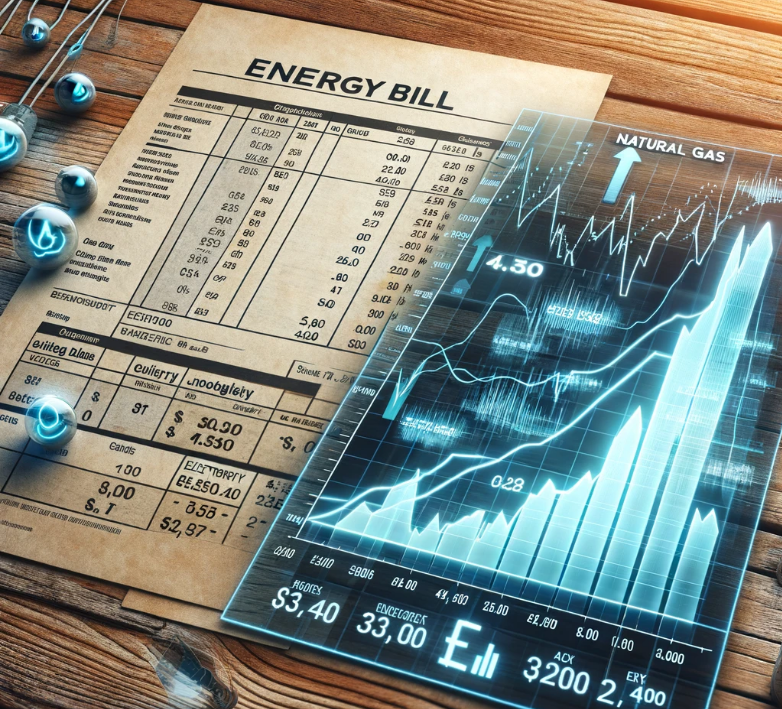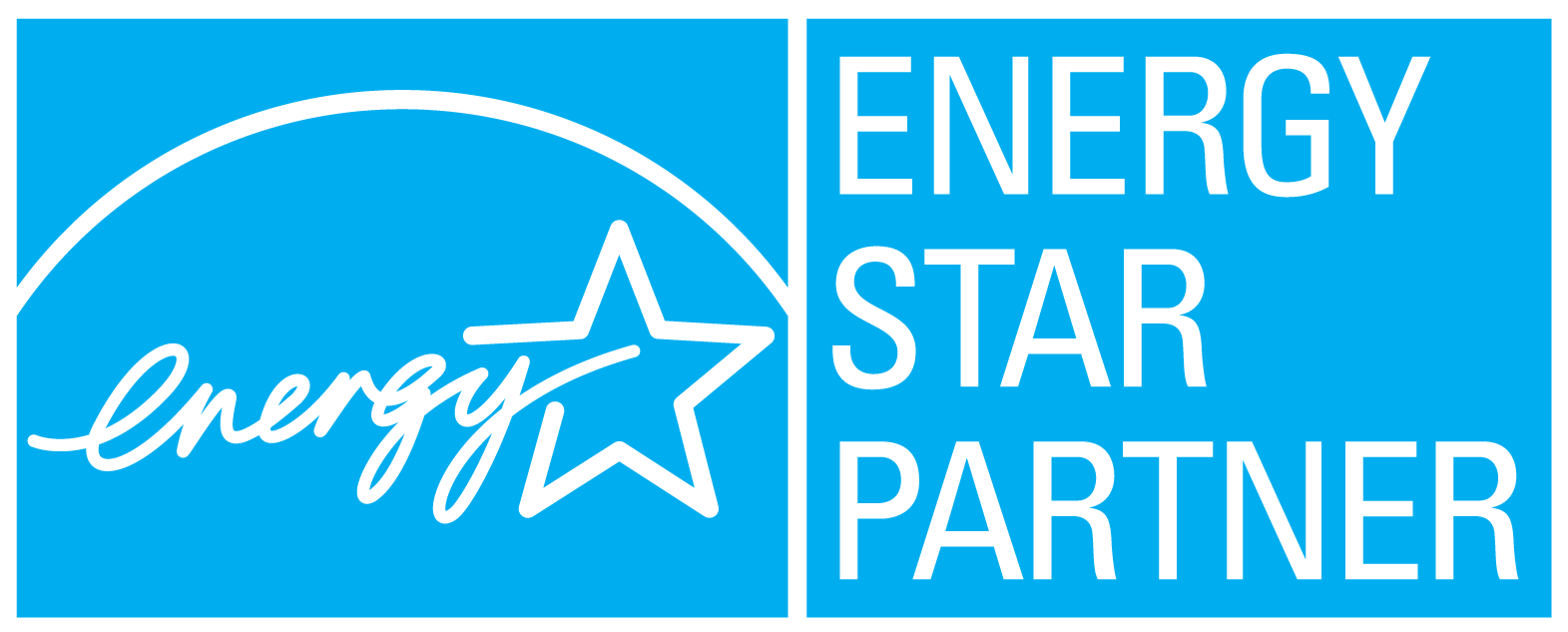The shift to electric vehicles (EVs) is transforming the automotive industry, prioritizing sustainability, and reducing fossil fuel reliance. As EV numbers rise, their impact extends beyond transportation to influence the power grid. This article examines how the growing EV industry can impact business energy usage and costs, as well as explores programs to make businesses more EV-friendly.
The global shift to electric vehicles offers businesses opportunities to stay ahead in sustainability. In some states, regulations have already been proposed to phase out gas vehicles or greatly curb vehicular CO2 emissions over a span of several years. For example, in Maryland and New York the Advanced Clean Car Act pushes manufacturers to increase the percentage of EVs that are sold within their annual revenues within the next few years.
In which case, installing EV charging stations positions businesses well to cater to the inescapable growth of the EV market. To add on to that, to support this shift there are federal rebate programs that can make the installation of EV charging stations more financially feasible. For example, in Maryland the Electric Vehicle Equipment Rebate Program can help cover up to 50% of the cost of installation. In New York, the Electric Charging Station Programs allows $5,000 dollars in tax credits per installation for businesses that install charging stations. Installing EV charging stations isn’t just about sustainability—it’s a strategic alignment with changing consumer preferences and larger environmental objectives.
However, despite EVs reducing emissions and improving energy efficiency, their mass adoption poses challenges to the power grid. Domestic electricity demand in 2022 was expected to increase up to 18% by 2030 and then 38% by 2035. Increased electricity demand, particularly during peak hours, can strain local grids, causing power fluctuations and potential outages. To stay out ahead of this, demand response programs emerge as a proactive solution. Combined with artificial intelligence building management software, customized demand response programs can be tailored to your business’s needs. These programs can compensate you financially for lowering your electricity usage patterns during peak hours, which can alleviate the strain on the power grid. This won’t just help stabilize the power grid, but it could also lower the cost of electricity in the long term.
Moreover, existing EV charging stations can utilize smart software to contribute to grid stabilization and benefit EV owners. This software optimizes charging by considering factors like time of day, electricity prices, and user preferences, enabling a cost-effective charging pattern for owners.
In conclusion, the global shift towards electric vehicles (EVs) presents businesses with a unique opportunity to embrace sustainability and cater to a rapidly expanding consumer base. While EVs position to reduced emissions, the surge in electricity demand during peak hours poses challenges to local power grids and embracing these opportunities and technological solutions positions businesses at the forefront of a sustainable and resilient future.
At Sunlight Energy Group, we proudly collaborate with leading suppliers/local utilities to provide unparalleled rebate programs and innovative financing options for clean energy solutions as well as demand response solutions. Feel free to reach out to us if there are any inquiries that you may have.




